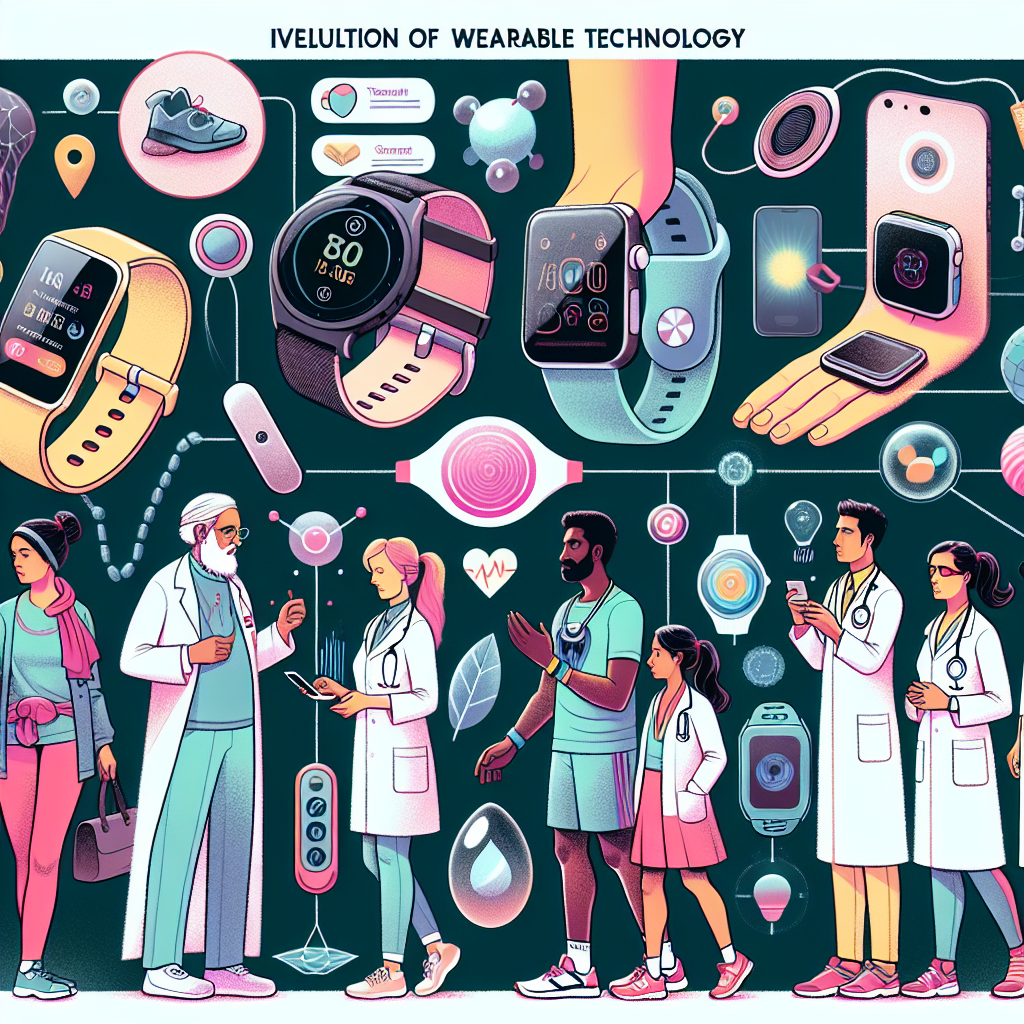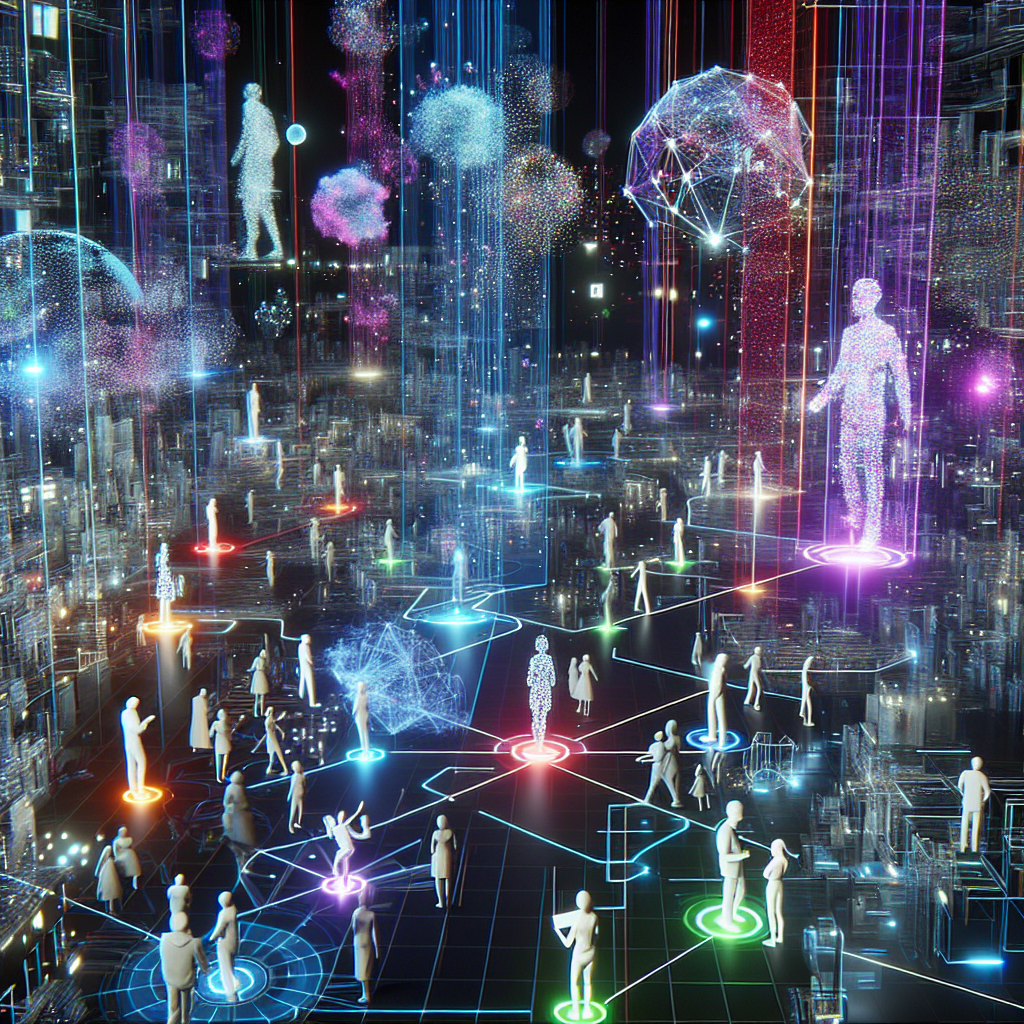Legislative Showdowns: Key Bills to Watch in the Upcoming Session
As lawmakers prepare to convene for the upcoming legislative session, the political landscape is charged with anticipation and urgency. With a myriad of issues on the table, from healthcare and education to climate change and economic recovery, several key bills are poised to dominate discussions. This article highlights some of the most notable legislative showdowns to watch for in the coming months.
1. Healthcare Access and Affordability
One of the most pressing issues lawmakers face is healthcare access and affordability. With a significant portion of the population still grappling with rising healthcare costs and the ongoing challenges posed by the COVID-19 pandemic, comprehensive healthcare reform is likely to top the agenda.
Key legislation will focus on expanding Medicaid in states that have yet to adopt the program, increasing subsidies for marketplace insurance plans, and addressing prescription drug prices. Watch for potential compromises between Democrats, who typically advocate for expansive reforms, and a more cautious Republican approach centered on market-based solutions. The outcome of these discussions could greatly impact millions of Americans’ livelihoods.
2. Education Reform and Funding
As schools continue to navigate the complexities of recovery from pandemic-induced disruptions, education reform remains a critical focus for lawmakers. Proposals on how to allocate funds for public education, enhance teacher salaries, and improve educational resources for underserved communities will be central to debates.
A contentious issue that could spark heated discussions is school choice, including funding for charter schools and vouchers for private school tuition. This topic often splits along partisan lines, making it a significant battleground in the legislative session.
3. Climate Change and Environmental Regulations
The urgency of climate change has pushed environmental legislation to the forefront. Expect comprehensive proposals aimed at reducing carbon emissions, transitioning to renewable energy sources, and promoting sustainability initiatives.
Key bills could include investments in green infrastructure, incentives for clean energy technology, and regulations on fossil fuel industries. Lawmakers will face the challenge of balancing economic interests, particularly from fossil fuel-dependent states, with the call for immediate action on environmental issues. The debate over climate legislation is likely to be fierce, with grassroots movements amplifying public demand for robust climate action.
4. Infrastructure Development
Building on the success of previous federal infrastructure packages, states are now tasked with determining how to effectively utilize available funding. Legislation aimed at modernizing roads, bridges, public transportation, and broadband access will be critical.
With bipartisan support often observed in infrastructure discussions, lawmakers will need to navigate concerns regarding project prioritization, environmental impacts, and budget allocations. The effectiveness of infrastructure development will be closely monitored by constituents, making it a high-stakes issue in the upcoming session.
5. Labor Rights and Workforce Development
As the economy evolves amid technological advancements and shifting employment patterns, legislation pertaining to labor rights and workforce development is gaining momentum. Proposed bills may aim to enhance worker protections, increase the minimum wage, and provide funding for job training programs.
The rise of gig economy jobs and the changing nature of work will also bring issues like workers’ rights, job security, and benefits for gig workers to the forefront of legislative discussion. These topics will likely see intense lobbying efforts from both labor unions and business groups, making it a crucial area to monitor.
6. Voting Rights and Election Integrity
Following a tumultuous electoral period, voting rights remain a highly contentious topic. Proposals aimed at expanding access to the ballot, such as automatic voter registration and mail-in voting options, will be proposed alongside measures aimed at tightening election security.
The struggle between ensuring free access to the polls and the push for stringent voter ID laws and audits could ignite significant partisan battles. This legislative showdown will not only impact the immediate election landscape but could also shape future democratic engagement in the U.S.
Conclusion
As the legislative session approaches, the bills highlighted above represent just a snapshot of the critical issues lawmakers will face. With the potential for intense debates and partisanship, the outcomes of these legislative showdowns could have lasting impacts on policy and constituents’ lives. Stakeholders will be watching closely as elected officials work to navigate this complex political landscape, balancing the interests of their constituents with the broader needs of society.














Leave feedback about this
You must be logged in to post a comment.